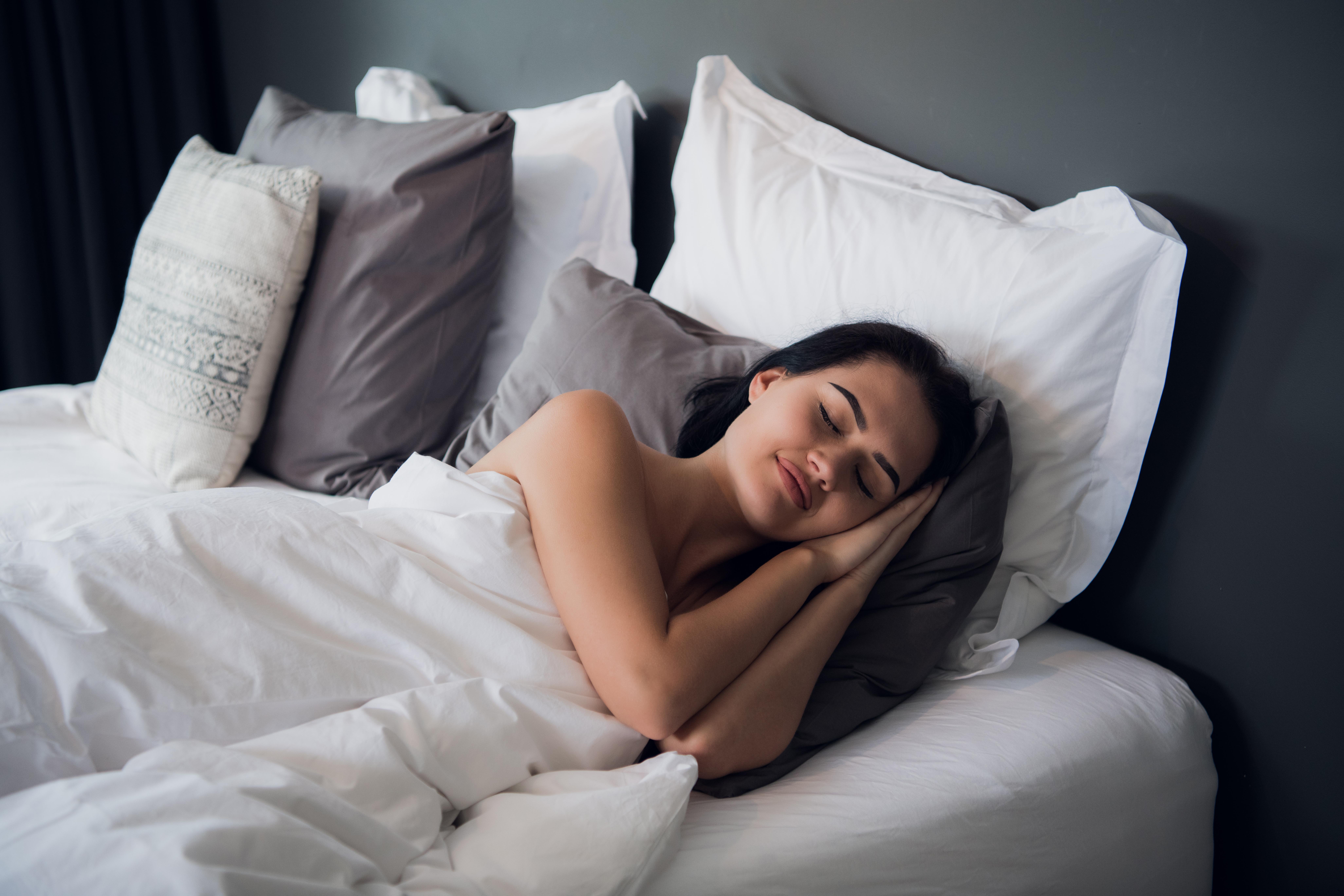10 Ways Late-Night Screens Ruin Your Sleep And Health
7. The Importance of Sleep Hygiene in the Digital Age

In the digital age, maintaining good sleep hygiene is more important than ever. Sleep hygiene refers to the practices and habits that promote restful sleep and overall well-being. With the pervasive presence of screens in our lives, establishing healthy sleep habits is crucial for mitigating the impact of late-night screen exposure. Good sleep hygiene involves creating a conducive sleep environment, establishing a consistent sleep schedule, and practicing relaxation techniques to promote sleep. Creating a sleep-friendly environment involves minimizing distractions and ensuring the bedroom is conducive to rest. This includes keeping the room dark, quiet, and cool, as well as removing electronic devices that may emit light or noise. Establishing a consistent sleep schedule, even on weekends, helps regulate the body's internal clock and promotes better sleep quality. By aligning sleep and wake times with the natural circadian rhythm, individuals can improve their overall sleep patterns. Relaxation techniques, such as deep breathing, progressive muscle relaxation, and mindfulness meditation, can help calm the mind and prepare the body for sleep. These practices can be incorporated into a bedtime routine to signal to the brain that it's time to wind down. In the digital age, prioritizing sleep hygiene is essential for counteracting the effects of screen glow and ensuring restful sleep. By adopting healthy sleep habits, individuals can improve their sleep quality and overall well-being.
8. The Role of Public Health Initiatives in Promoting Sleep Awareness

Public health initiatives play a crucial role in promoting sleep awareness and addressing the challenges posed by late-night screen exposure. As sleep disorders and sleep deprivation become increasingly prevalent, public health campaigns can raise awareness about the importance of sleep and the impact of screen habits on sleep quality. These initiatives can provide education and resources to help individuals make informed choices about their screen use and prioritize their sleep health. Public health campaigns can also advocate for policies that support healthy sleep habits. This may include promoting workplace policies that encourage work-life balance and limit screen exposure outside of work hours. Schools can also play a role by educating students about the importance of sleep and providing guidelines for healthy screen use. By creating a supportive environment for healthy sleep habits, public health initiatives can help reduce the prevalence of sleep disorders and improve overall well-being. Collaboration between public health organizations, healthcare providers, and technology companies can further enhance efforts to promote sleep awareness. By working together, these stakeholders can develop innovative solutions to address the impact of screen glow on sleep and health. Public health initiatives have the potential to create lasting change by empowering individuals to prioritize their sleep and make healthier choices in the digital age.
